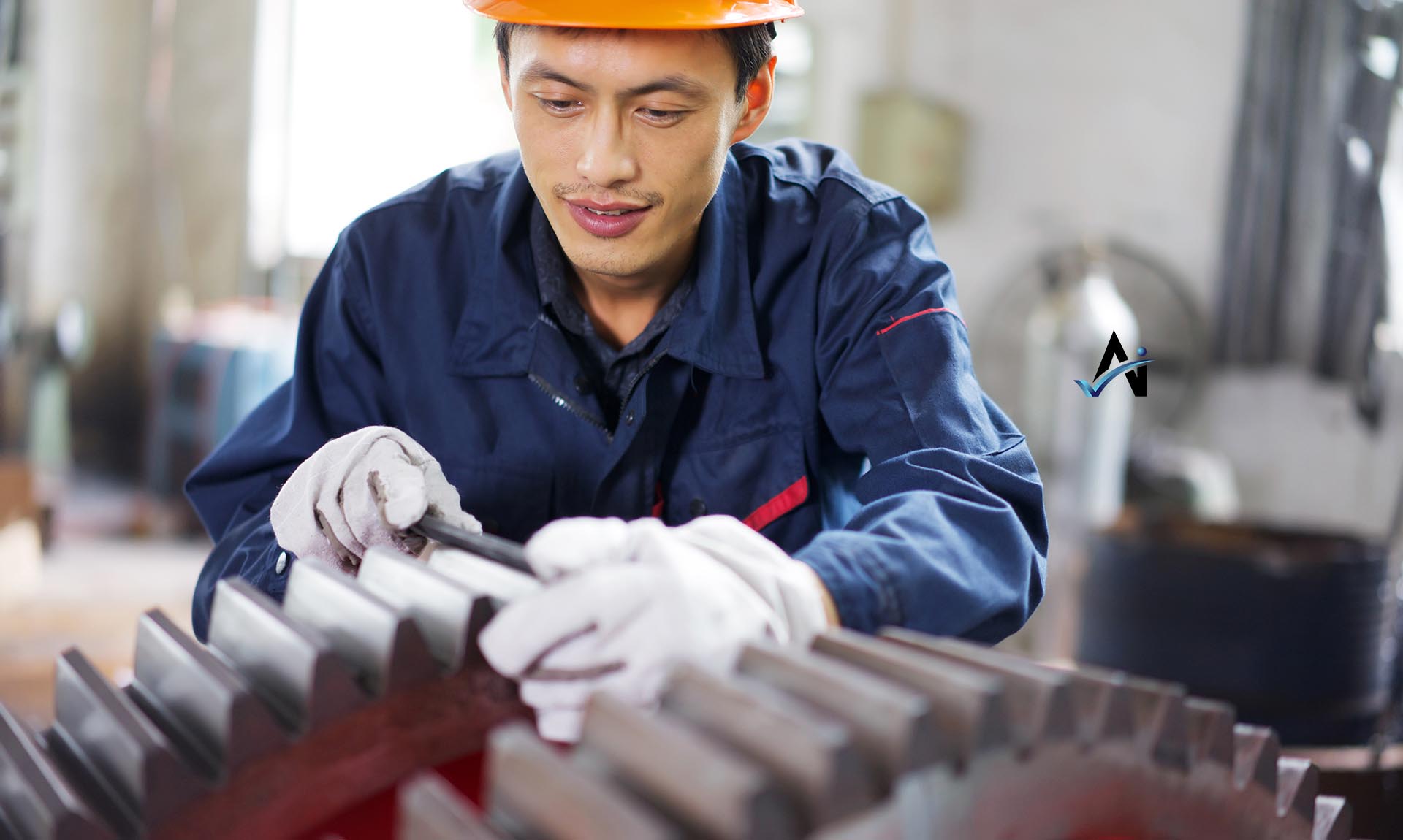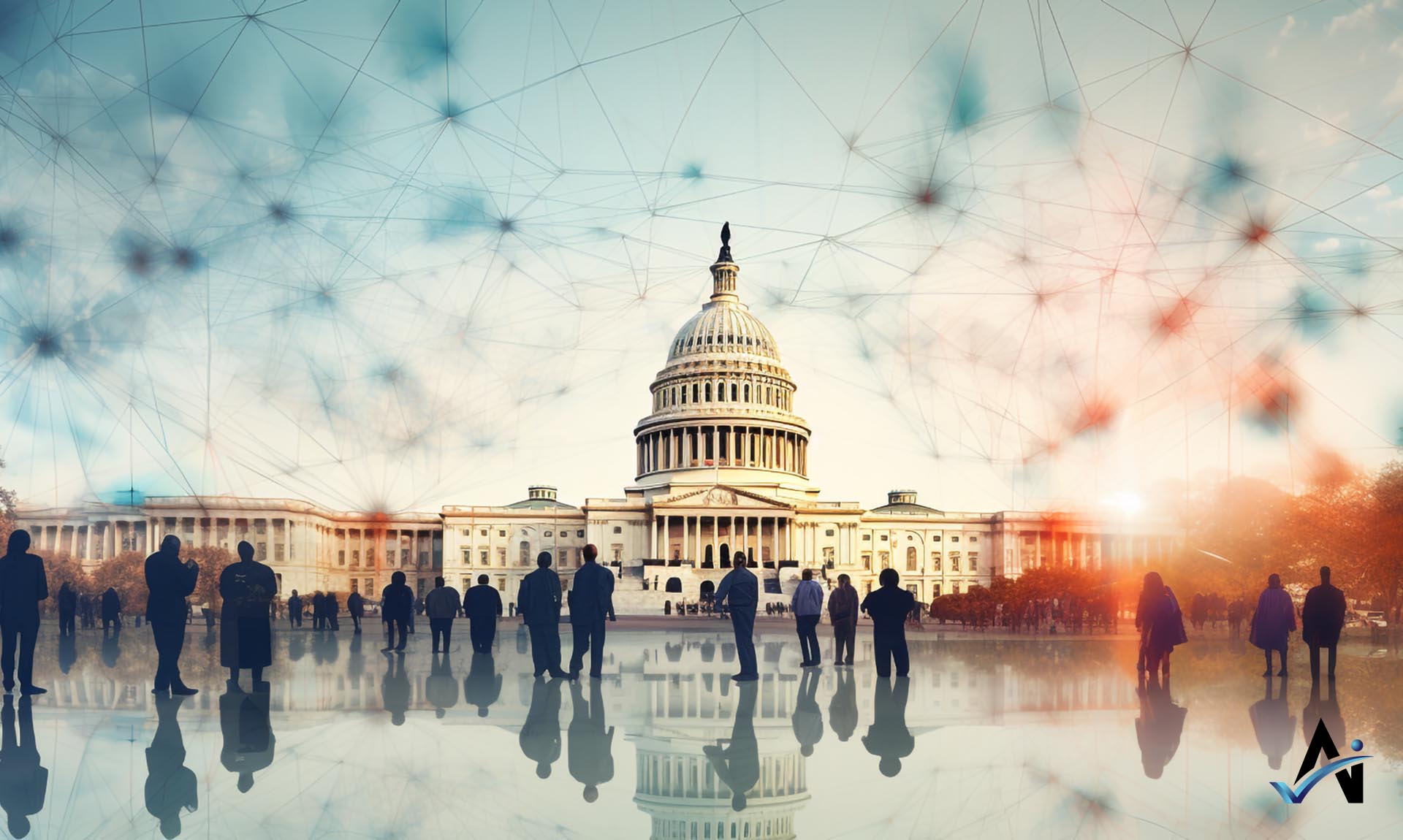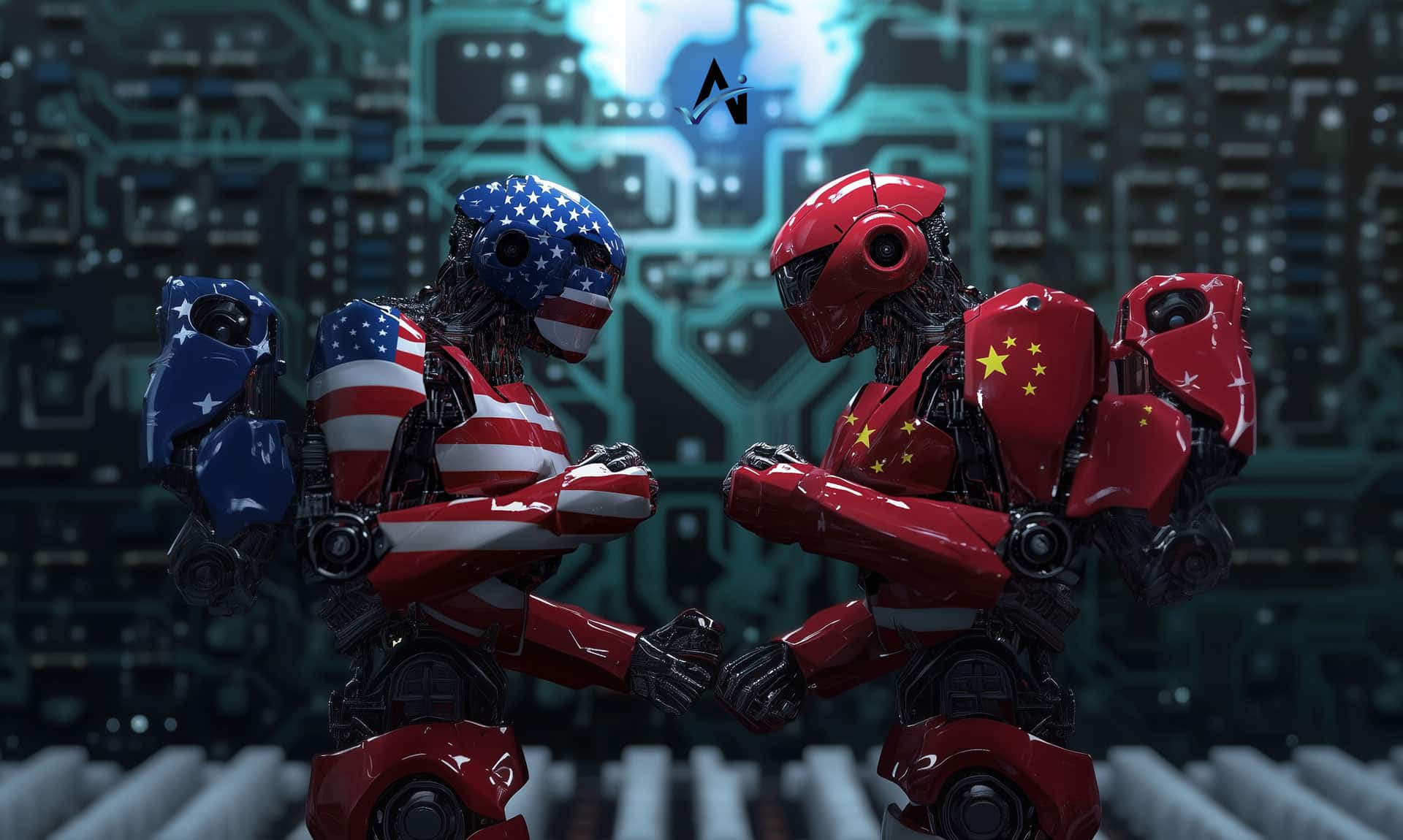Predictive Maintenance, Supply Chain Management, Quality Control and Personalization Ushering In Major Manufacturing Changes
One of the most significant impacts of AI in manufacturing is seen in the realm of predictive maintenance. AI algorithms analyze data from machinery sensors to predict equipment failures before they occur. This predictive capability enables manufacturers to conduct maintenance proactively, reducing downtime and increasing overall productivity. By minimizing unexpected breakdowns, AI not only saves time and resources but also extends the lifespan of critical equipment.
AI is also revolutionizing quality control processes in manufacturing. Traditional quality inspection methods, often manual and time-consuming, are being replaced by AI-driven systems capable of analyzing products at a much faster rate with greater accuracy. These systems use advanced image recognition and machine learning algorithms to detect defects and inconsistencies, ensuring that products meet high standards of quality. As a result, manufacturers can maintain a consistent quality level while optimizing their production processes.
Another area where AI is making a mark is in supply chain optimization. AI systems process vast amounts of data to predict market demand, manage inventory levels, and optimize logistics. This predictive analysis helps manufacturers reduce waste, respond more effectively to market changes, and make informed decisions about production planning. In a global economy where supply chain efficiency is crucial, AI’s role in streamlining these processes cannot be overstated.
Customization and personalization of products is another frontier where AI is having a transformative impact. AI enables manufacturers to offer customized products at a scale previously unfeasible. By analyzing customer data and preferences, AI systems can guide the design and manufacturing process to produce personalized products without significantly increasing costs or production time. This capability is particularly beneficial for industries like automotive and consumer electronics, where customization is a key differentiator.
AI is also enhancing worker safety in manufacturing environments. By monitoring workplace conditions and identifying potential hazards, AI-driven systems can alert managers and workers to safety risks, reducing the likelihood of accidents. In addition, AI-powered robots can perform dangerous or repetitive tasks, minimizing human exposure to hazardous conditions.
The integration of AI in manufacturing is leading to the creation of smart factories. In these advanced production environments, AI systems and IoT devices work in tandem to optimize manufacturing processes. Smart factories are characterized by their adaptability, efficiency, and reduced environmental impact, representing the pinnacle of manufacturing technology.
However, the rise of AI in manufacturing also brings challenges, particularly in the workforce. There is concern about job displacement as AI and automation technologies take over tasks traditionally performed by humans. Addressing this concern requires a focus on workforce training and upskilling, ensuring that workers can adapt to the changing landscape and work alongside AI systems effectively.
The advancements in AI are ushering in a new era for the manufacturing industry. From predictive maintenance and quality control to supply chain optimization and the creation of smart factories, AI is not just improving existing processes; it’s opening up new possibilities for innovation and efficiency. As the industry navigates this transition, the focus will be on leveraging AI’s potential while managing its impact on the workforce and broader economic landscape. The future of manufacturing, increasingly intertwined with AI, promises to be more efficient, flexible, and responsive to the needs of a rapidly changing world.
latest video
Get Our Newsletter
Never miss an insight!






